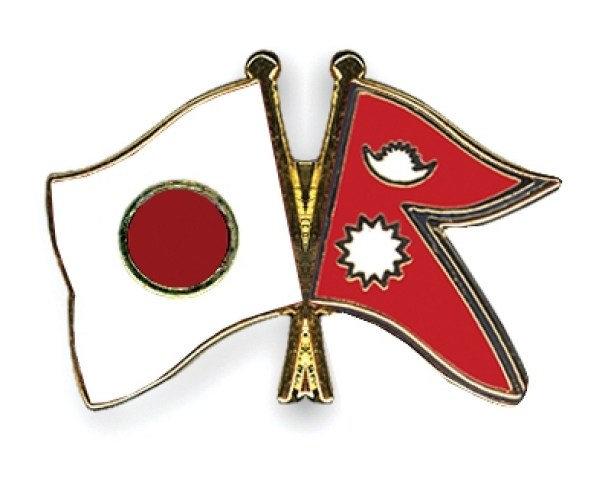Japan to extend grant assistance of Japanese Yen 364 million to UNWFP Nepal

Kathmandu / Feb 19: The Government of Japan has agreed to extend a grant assistance of Japanese Yen 364 million (about US$3.47 million /Rs.405 million) to the United Nations World Food Program (UN WFP) Nepal for implementing the Mother and Child Health and Nutrition Programme in five vulnerable districts of provinces 1 and 2.
SAIGO Masamichi, ambassador of Japan to Nepal, and Susan Jane Pearce, representative and country director of WFP Nepal signed a grant contract amid a function held in Kathmandu on Friday, according to a press statement issued by the Embassy of Japan in Nepal.
During the signing ceremony, the ambassador said that the grant will improve the health and nutrition of children and young mothers in Jhapa, Morang, and Sunsari districts of Province 1, and Saptari and Siraha districts of Province 2, which are prone to extreme weather events and other climate change-linked disasters.
This partnership between the Japanese government, the Government of Nepal, and WFP has the potential to improve the health and nutrition of 19,000 children aged 6 to 23 months and 49,700 pregnant and breastfeeding mothers through specialized nutritious food, while 25,000 households will benefit from the establishment of Community Food Banks equipped with food storage facilities, the ambassador said.
“By investing in the capacity of the government at different levels to implement nutrition programs, the support will boost the ability of 2,500 government officials and health specialists to provide improved health and nutrition services during pregnancy and childbirth, to monitor child growth, and to provide nutrition counseling at 100 municipal health facilities,” he further said.
The WFP Nepal representative and country director thanked the Government of Japan for the generous support.
“The COVID-19 pandemic has severely disrupted the livelihoods of vulnerable populations mainly in rural locations where agriculture is the primary source of income,” she said. “By supporting the production and consumption of locally-available and traditionally-consumed nutritious food and through shock-responsive community food banks, we hope that this project will increase dietary diversity among the poor and food insecure households and build community resilience to climatic shocks,” she added.
The Embassy of Japan and WFP Nepal expect to assist in improving health and nutrition of young mothers and children, while also contributing to the friendship that exists between the peoples of Japan and Nepal, the embassy said.
